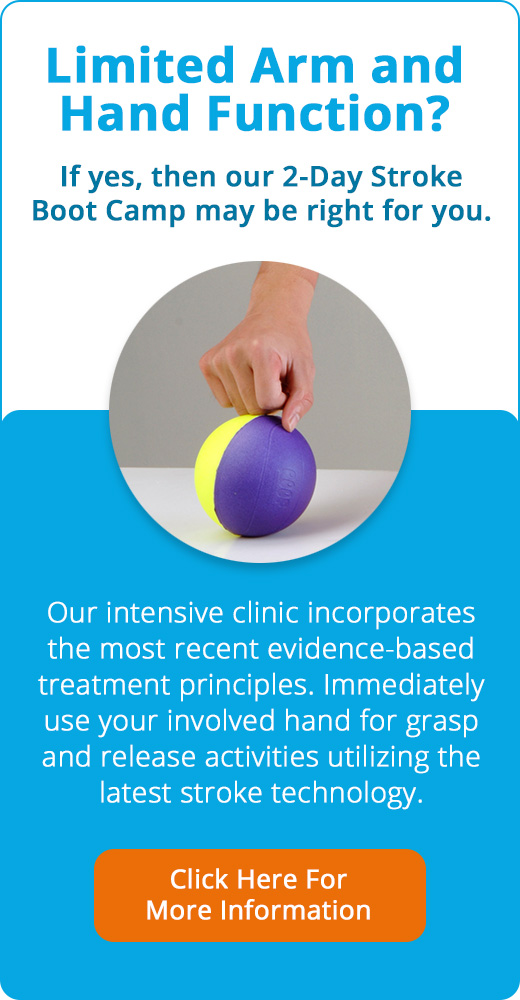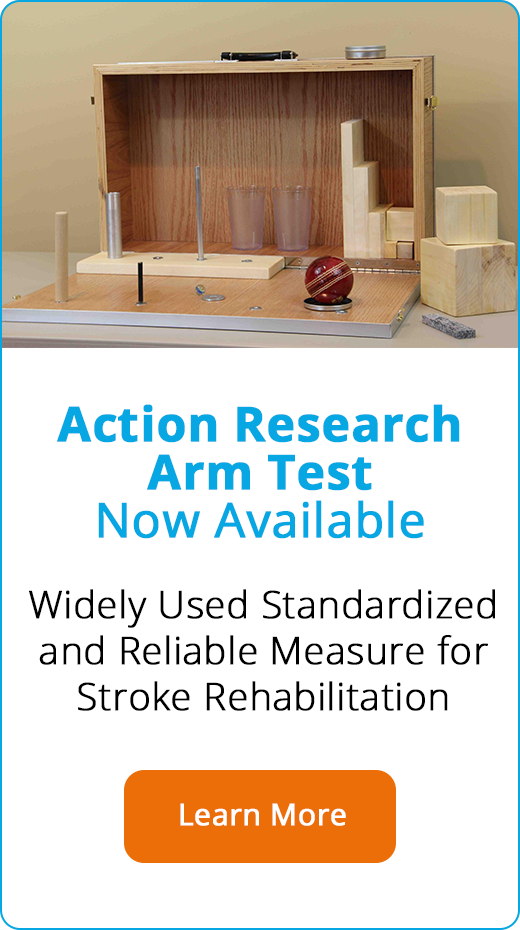Key Facts About Stroke
NeuroRehab Team
Wednesday, November 23rd, 2016

A stroke, or cerebrovascular accident (CVA), is the rapid loss of brain function(s) due to disturbance in the blood supply to the brain. When you have an ischemic stroke, there is an interruption, or reduction, of the blood supply. Eighty percent of all strokes occur due to ischemia. With a hemorrhagic stroke, there is bleeding in the brain. After about 4 minutes without blood and oxygen, brain cells become damaged and may die. When brain cells are damaged or die, the body parts controlled by those cells cannot function. The loss of function may be mild or severe and temporary or permanent. This depends on where and how much of the brain is damaged and how fast the blood supply can be returned to the affected cells.
Stroke Statistics
- 7 MM stroke survivors in the USA are over the age of 20
- Someone has a stroke every 40 seconds.
- Stroke kills every 4 minutes.
- 133,000 deaths per year are caused by stroke.
- 5th cause of death.
- 795,000 strokes occur every year.
- 600,000 are first attacks.
- 185,000 are recurring strokes.
- The numbers are expected to double by 2030.
- There are approximately 5.1 million stroke survivors alive today in the US.
Demographics of a Stroke Survivor
- Female (59.4%)
- Caucasian (80.3%)
- Age — Mean, 56.52 (Range: 19-89)
- Ischemic stroke (55.7%)
- Age during first stroke – Mean, 50.61 (Range: 1-88)
- Primary caregiver – Self (46.2%) and spouse (38.5%)
- Insured by employer (54.9%)
- Not aware of stroke risk before stroke (83.9%)
- Pre-stroke, it was not a prevalent health concern (79.0%)
- stroke is the leading cause of adult disability
- Cost 73 Billion in 2010
- African Americans are 2x more at risk
National Stroke Association/American Stroke Association
Effects of Stroke
- 10% of stroke survivors recover almost completely
- 25% recover with minor impairments
- 40% experience moderate-to-severe impairments that require special care
- 10% require care in a nursing home or long-term care facility
- 15% die shortly after
During the rehabilitation process, the focus will be on relearning skills that are lost due to the injury. Common impairments include:
- Strength
- Sensation
- Coordination
- Balance
- Spasticity
- Cognition
- Communication
- Swallowing
- Vision
- Emotional
- Pain
- Fatigue
Find Therapy Solutions For Your Recovery
Factors Affecting Recovery
- Amount of damage the stroke has caused
- How soon treatment begins
- Motivation and compliance
- Skill level of rehabilitation team
- Rehabilitation technology offered
- Family and friends encouragement and support

